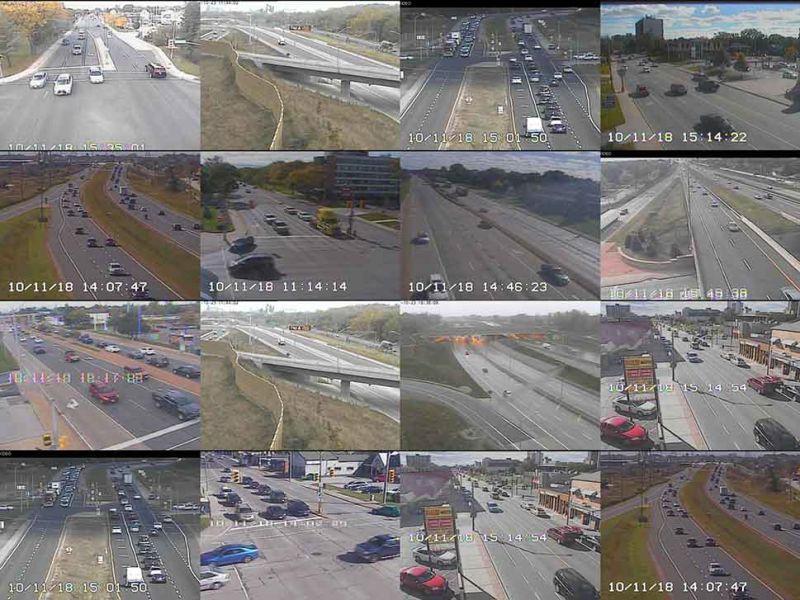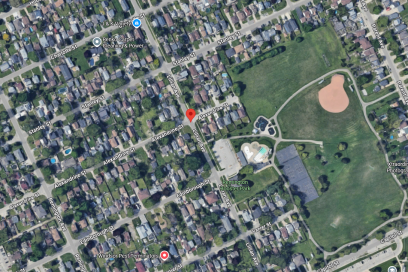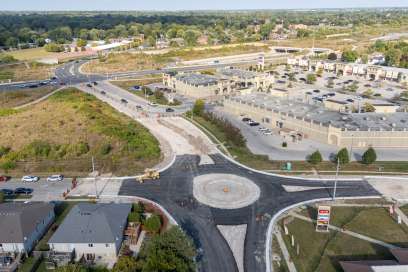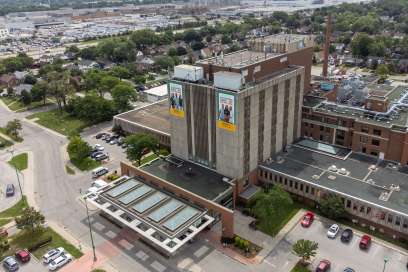Windsor Police And UWindsor Researcher Team Up In Distracted Driving Study
Wednesday February 21st, 2024, 9:31am
Hello time traveller!!
This article is 576 days old.
The information listed below is likely outdated and has been preserved for archival purposes.
Windsor Police are teaming up with a researcher at the University of Windsor to study distracted driving in school zones and other elevated-risk areas of the city.
Francesco Biondi, a renowned expert in how drivers behave behind the wheel, will be leading the study together with Barry Horrobin, director of planning and physical resources at Windsor Police.
In addition to measuring the prevalence of distracted driving, the project will measure the impact of things like school zone signs and traffic volumes on driver distraction within selected study locations. The goal is to identify areas that need targeted safety campaigns or more police presence and show the consequences of distracted driving on our local roadways.
“This project has the potential to improve safety on Windsor streets,” said Dr. Biondi. “We will be able to pinpoint areas where distracted driving is most dangerous and make recommendations on how the police can address those problem areas.”
Biondi, a researcher in UWindsor’s Faculty of Human Kinetics, has secured a grant of nearly $25,000 from the Social Sciences and Humanities Research Council of Canada to conduct the study. Windsor police will contribute staff consultative time and perspective to the project and the University of Windsor will contribute about $14,000 in equipment and technological support.
“This partnership with Dr. Biondi and the University of Windsor offers the Windsor Police Service an excellent collaboration opportunity to address a safety concern that exists on our local roadways,” said Horrobin. “Collecting this information in a comprehensive study will create an evidence-based platform for informing future policy decisions to enhance community safety of our roadways.”
Biondi’s past research on distracted driving shows that the most dangerous examples include talking on a cellphone, texting and using a vehicle’s touchscreen.
The study is already in the planning stages. Researchers will collect data over a 12-month period beginning in July.
























